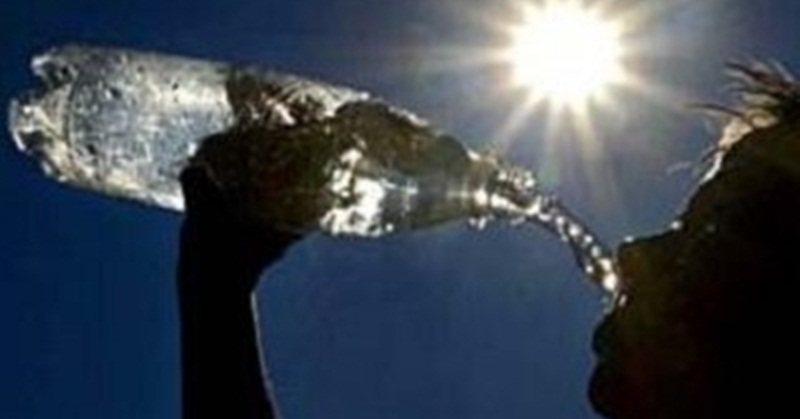In the Middle East, environmental temperatures can be one of the most challenging adjustments, which expats and even some residents have difficulty dealing with even today.
Because of this, many governments in the region have issued a ban for employees whose work requires them to remain under the sun for a long time, in consideration of the dangers staying under prolonged heat could cause to their health. In the UAE, extreme temperatures recorded could reach up to 60 degrees, which is extremely hot for some nationalities who come from colder parts of the world.

Heatstroke Warning in Extreme Weather Issued by UAE Police
In the UAE, the Abu Dhabi Police issued a summer warning on Tuesday (July 2), urging residents to remain hydrated and to stay in the shade as much as possible, as shared in a report by the Khaleej Times.
The reminder issued comes from the Directorate of Emergency and Public Safety at the Abu Dhabi Police’s Central Operations Sector, in recognition of the dangers of heatstroke, as the summer heat peaks in the region.
In line with the department’s ‘Have a Safe Summer’ campaign, the police advised people to avoid long periods of direct sun exposure as this may lead to heatstroke, which can be fatal if not treated right away.
Heatstroke, also known as sunstroke, is a medical condition in which the body is unable to control its temperature due to exposure to extreme weather conditions.
According to the police, the condition may progressively worsen and damage the brain cells or internal organs, such as the heart or kidneys.
“The temperature of the body may reach 41 degrees Celsius. The symptoms of sunstroke may include nausea, rapid heartbeat, muscle spasm, hallucinations and disorientation, lack of sweating despite high fever, loss of consciousness and fainting,” the police said.
In line with this, all residents were advised to drink enough water, wear loose and light clothing, and limit their stay in open spaces.
In previous years, authorities have recorded cases of heatstroke, due to prolonged exposure under direct sunlight and failing to drink enough water.
The authorities also shared these important tips to help those suffering from heat exhaustion, or emergency cases of heatstroke:
- Transfer the patient to a cooler place, preferably under the shade with good ventilation.
- Remove any restricting or unnecessary tight clothing and give them a cool shower and cold drinks, if they are conscious.
- If a person is unconscious, make sure that they can breathe without any difficulty. They may be put in the recovery position (sideways), with ice packs placed in the armpits, groin and on the neck.
- Immediately dial 999 and seek medical help and assistance from relevant authorities. Give accurate descriptions of the victim, as well as the first aid or steps done to provide help to them.
- Stay with the patient until the ambulance arrives.
ALSO READ: Gulf Country Announces Mid-day Work Ban for Workers
